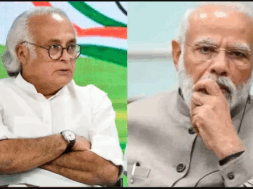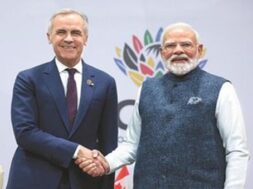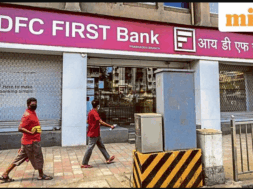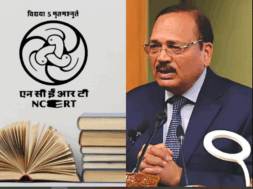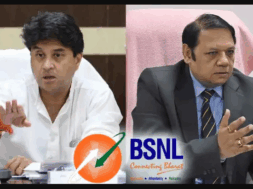
Private cryptos: Taxing gains doesn’t legitimize crypto-currency, says FM
Virendra Pandit
New Delhi: Finance Minister Nirmala Sitharaman on Friday clarified that the Union Government’s decision to tax any income from the transaction of crypto-currencies does not in any way legitimize it.
Replying to the general discussion in the Rajya Sabha on the Union Budget for 2022-23, she said the government has a sovereign right to tax profit made from crypto-currency transactions, and the decision on banning or not banning them will be taken later based on feedback from consultations.
“I am not going to legalize it or ban it at this stage. Banning or not banning will come subsequently when consultations give me input,” she added.
About the profit generated from transactions in crypto-currencies, Sitharaman stated “(Whether it is) legitimate or illegitimate, it is a different question, but I will tax because it is a sovereign right to tax.”
The FM was responding to the questions raised by Congress MP Chhaya Verma, who had queried on the legitimacy of taxing crypto-currency.
In her Budget speech on February 1, Sitharaman had said that only RBI-issued digital rupee will be recognized as currency, and the government will levy a 30 percent tax on gains made from any other private digital assets from April 1.
The Budget also proposed a 1 percent TDS on payments towards virtual currencies beyond Rs. 10,000 in a year and taxation of such gifts in the hands of the recipient. The threshold limit for TDS would be Rs. 50,000 a year for specified persons, which includes individuals/HUFs who are required to get their accounts audited under the I-T Act.
The provisions related to 1 percent TDS will come into effect from July 1, 2022, while the gains will be taxed effectively on April 1.
In the Budget speech, Sitharaman had said the magnitude and frequency of transactions in virtual assets have made it imperative to provide for a specific tax regime. She said any income from the transfer of any virtual asset will be taxed at 30 percent.
Her clarification came a day after Reserve Bank of India Governor Shaktikanta Das reiterated that privately floated crypto-currencies had no underlying value and that they could pose a threat to the country’s macroeconomic and financial stability. They can also undermine the central bank’s ability to deal with financial stability issues.
He cautioned investors in crypto-currencies that they do so at their own risk and should remember that the cryptos had no value, “not even a tulip”.
On the proposed digital rupee, Das said the RBI is moving cautiously and cannot give a specific timeline. The Budget had hinted that the central bank would launch it in the next financial year (2022-23).
RBI Deputy Governor T Rabi Shankar said on Thursday the proposed digital rupee would be the same as a normal paper rupee and a one-to-one convertible.
“Only its form will be electronic or digital. It can be used technologically on your cell phone. There will be no difference between the physical and digital rupee,” he said, adding that it will be issued by the RBI and will be part of the central bank’s liabilities.

